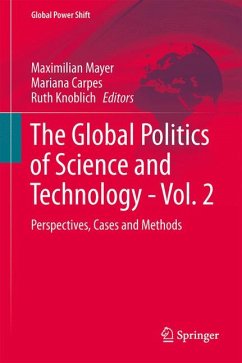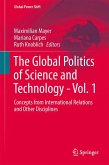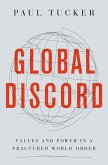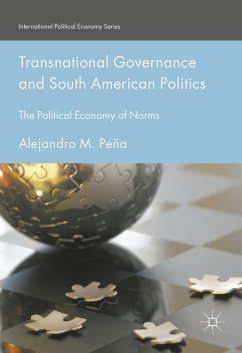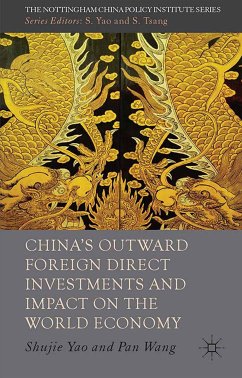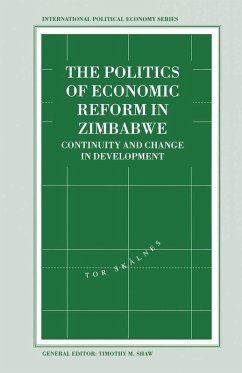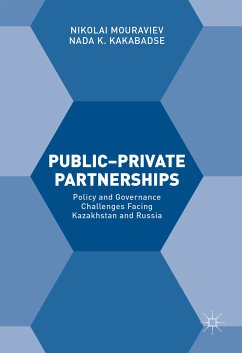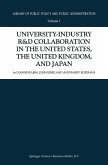An increasing number of scholars have begun to see science and technology as relevant issues in International Relations (IR), acknowledging the impact of material elements, technical instruments, and scientific practices on international security, statehood, and global governance. This two-volume collection brings the debate about science and technology to the center of International Relations. It shows how integrating science and technology translates into novel analytical frameworks, conceptual approaches and empirical puzzles, and thereby offers a state-of-the-art review of various methodological and theoretical ways in which sciences and technologies matter for the study of international affairs and world politics. The authors not only offer a set of practical examples of research frameworks for experts and students alike, but also propose a conceptual space for interdisciplinary learning in order to improve our understanding of the global politics of science and technology.
The second volume raises a plethora of issue areas, actors, and cases under the umbrella notion techno-politics. Distinguishing between interactional and co-productive perspectives, it outlines a toolbox of analytical frameworks that transcend technological determinism and social constructivism.
The second volume raises a plethora of issue areas, actors, and cases under the umbrella notion techno-politics. Distinguishing between interactional and co-productive perspectives, it outlines a toolbox of analytical frameworks that transcend technological determinism and social constructivism.
Dieser Download kann aus rechtlichen Gründen nur mit Rechnungsadresse in A, B, BG, CY, CZ, D, DK, EW, E, FIN, F, GR, HR, H, IRL, I, LT, L, LR, M, NL, PL, P, R, S, SLO, SK ausgeliefert werden.

